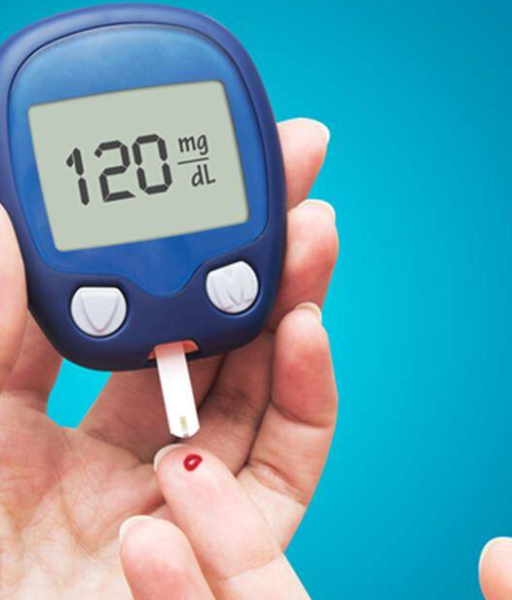Who qualifies for the procedure?
Qualification for hypertension management typically applies to individuals with consistently elevated blood pressure readings. This includes those diagnosed with hypertension or at risk due to family history, lifestyle factors, or underlying health conditions. Regular monitoring and appropriate treatment help mitigate risks associated with high blood pressure.
What are the symptoms of Hypertension?
The symptoms of hypertension (high blood pressure) can include:
1. Headaches: Often occurring at the back of the head and in the morning.
2. Shortness of Breath: Difficulty breathing, especially during physical exertion.
3. Nosebleeds: Occasional or frequent bleeding from the nose.
4. Dizziness or Lightheadedness: Feeling faint or dizzy.
5. Chest Pain: Tightness or discomfort in the chest, particularly during activity.
6. Vision Changes: Blurred vision or seeing spots.
It’s important to note that hypertension is often asymptomatic, meaning many people may not experience any noticeable symptoms. Regular blood pressure checks are essential for early detection and management of hypertension to prevent complications.




